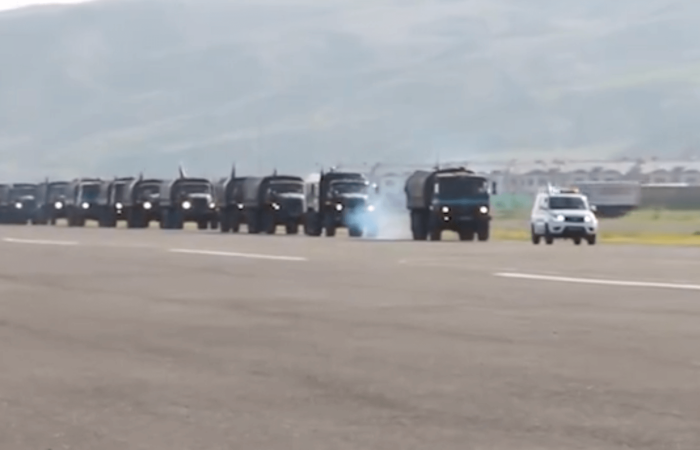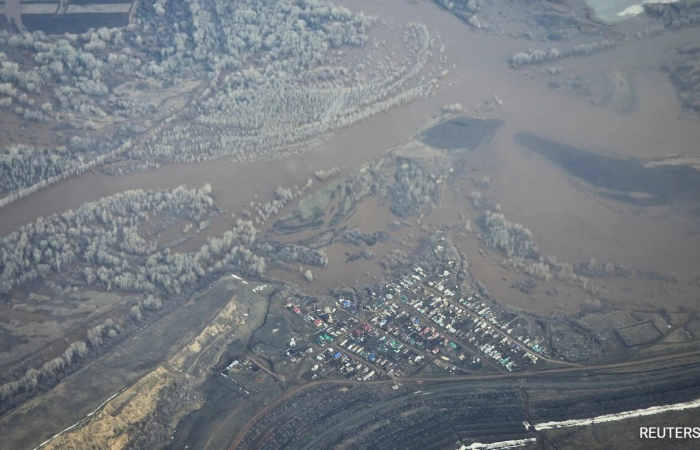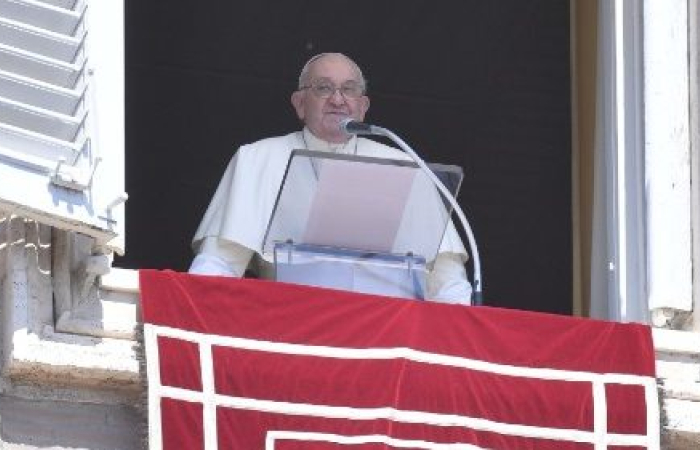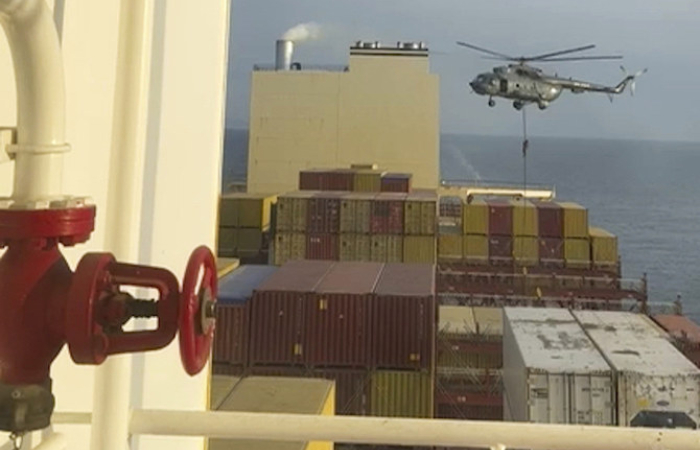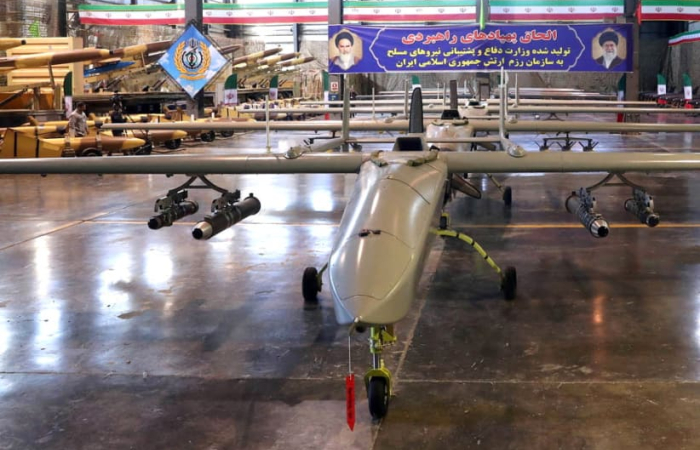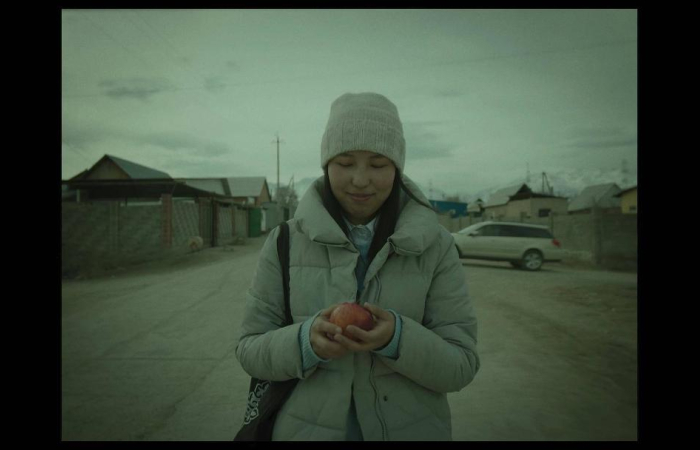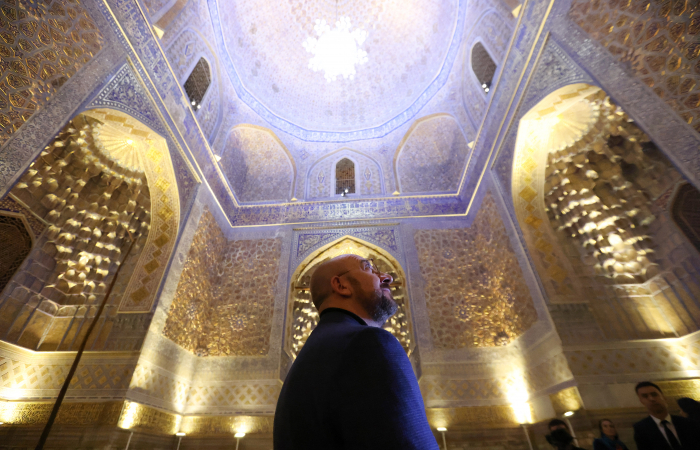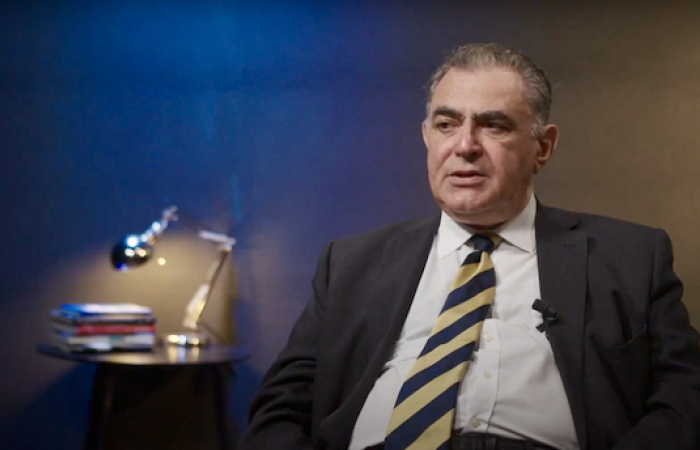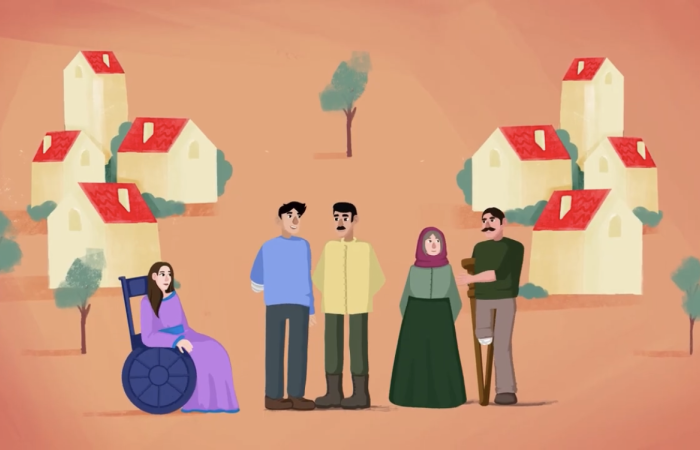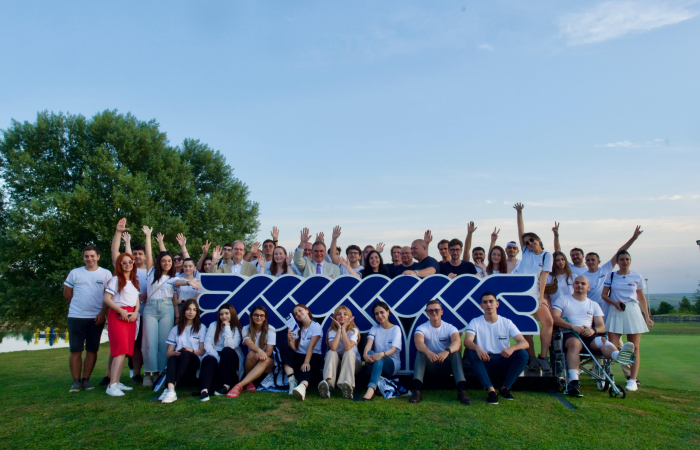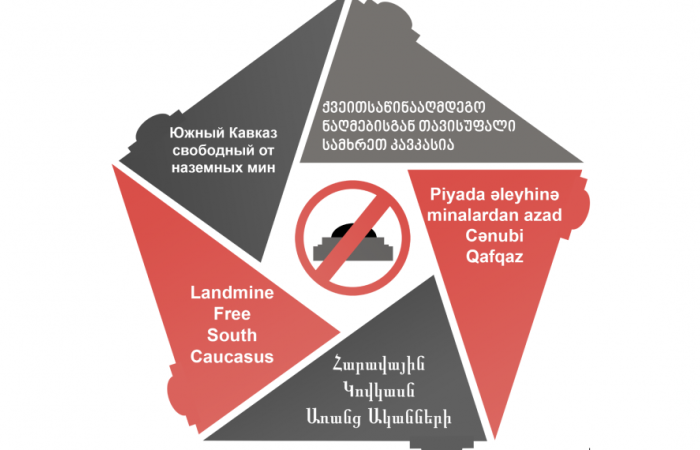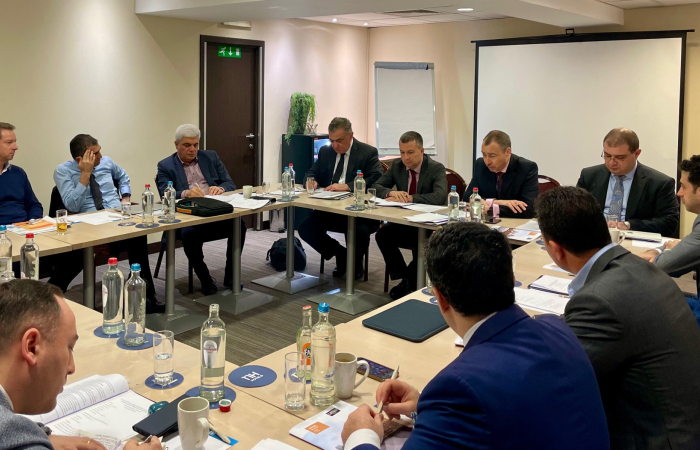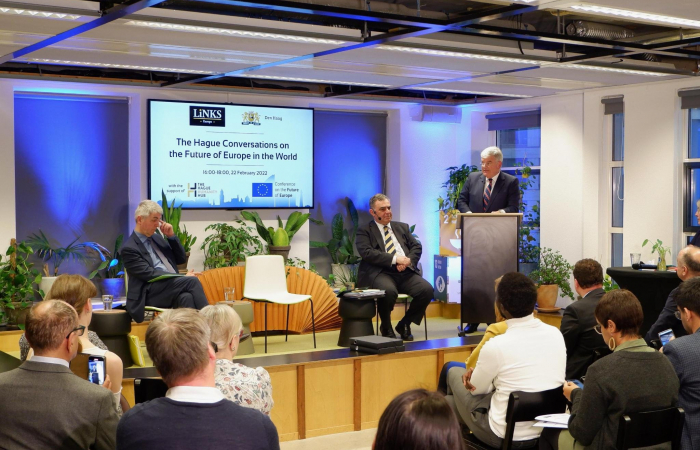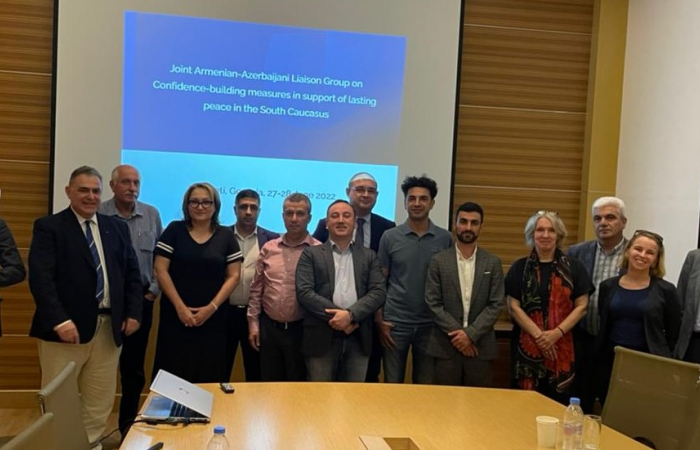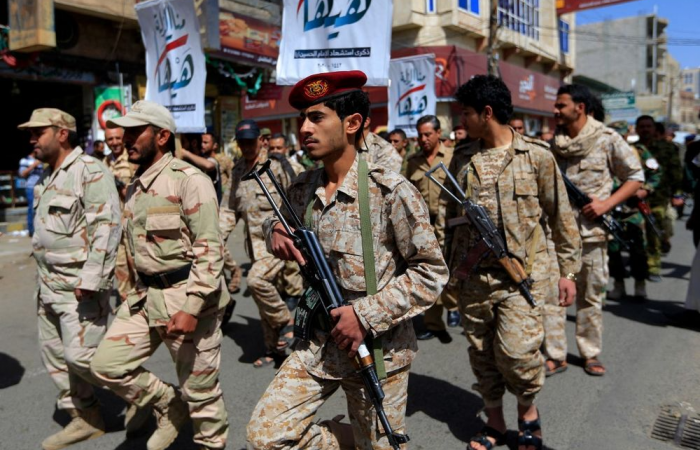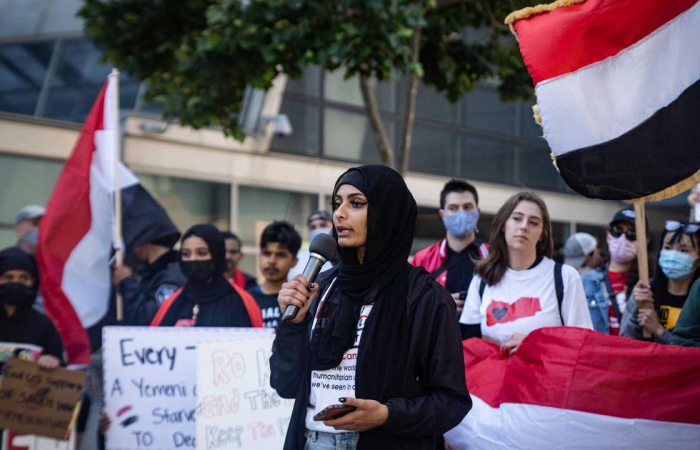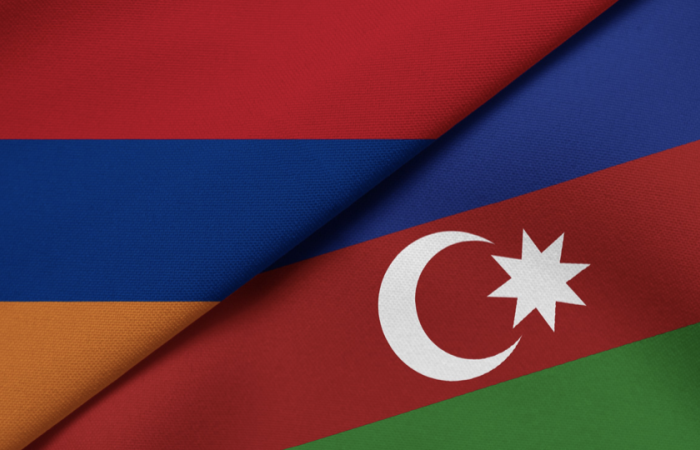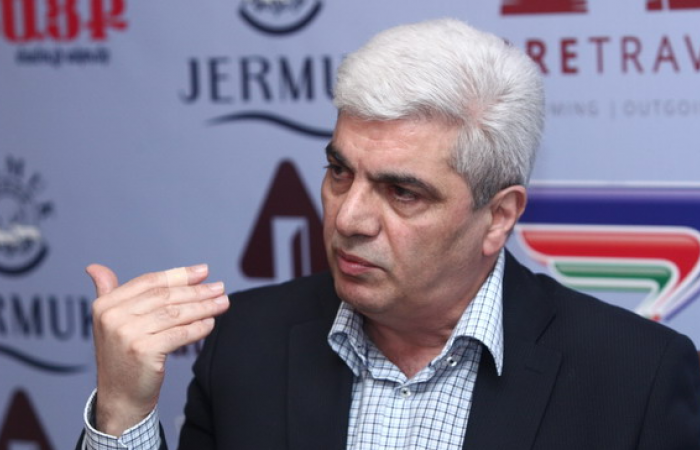- Commentary: So Long! Farewell! Do Zvidaniya!
- Kazakhstan struggles to deal with massive flooding
- Pope calls for an end to the spiral of violence in the Middle East
- Iran seizes Israel-linked container ship in the Gulf of Hormuz
- US sees Iran moving military equipment including drones and cruise missiles
- Opinion: Historical versus real Armenia - Pashinyan's push for a new narrative
Focus on Central Asia
Voices - Opinion and analysis
Focus on Yemen
Focus on the South Caucasus
commonspace.eu is an activity of LINKS Europe, an independent foundation based in The Hague, The Netherlands. We focus on issues related to European peace and security, Europe's neighbouring regions, including Eastern Europe, the Caucasus and Central Asia; North Africa and the Sahel, the Horn of Africa and the Arabian Peninsula. LINKS Europe is committed to contribute to a better future by increasing understanding of complex foreign policy issues, by promoting dialogue and confidence-building as tools for helping to resolve conflict, and by engaging citizens in the process of building peace and security on the basis of solidarity and mutual respect. Through commonspace.eu we aim to provide insights and analysis on different topics in our area of interest, and a platform for diverse opinions.
Read or download the 2022 Annual Review of LINKS Europe work, and our work programme for 2023 here



